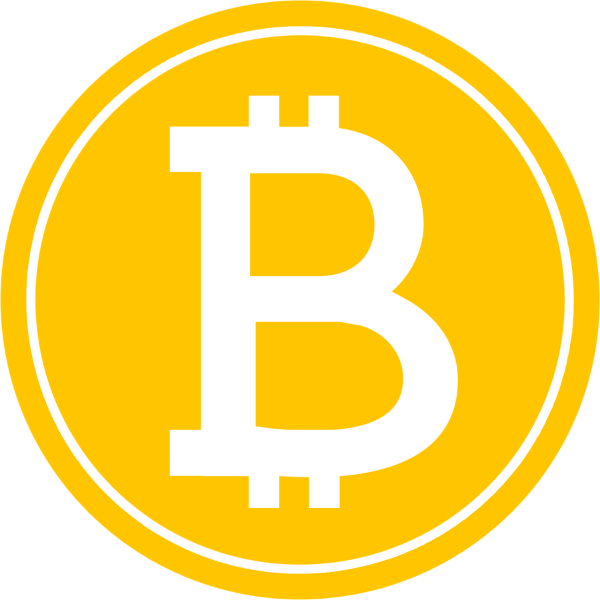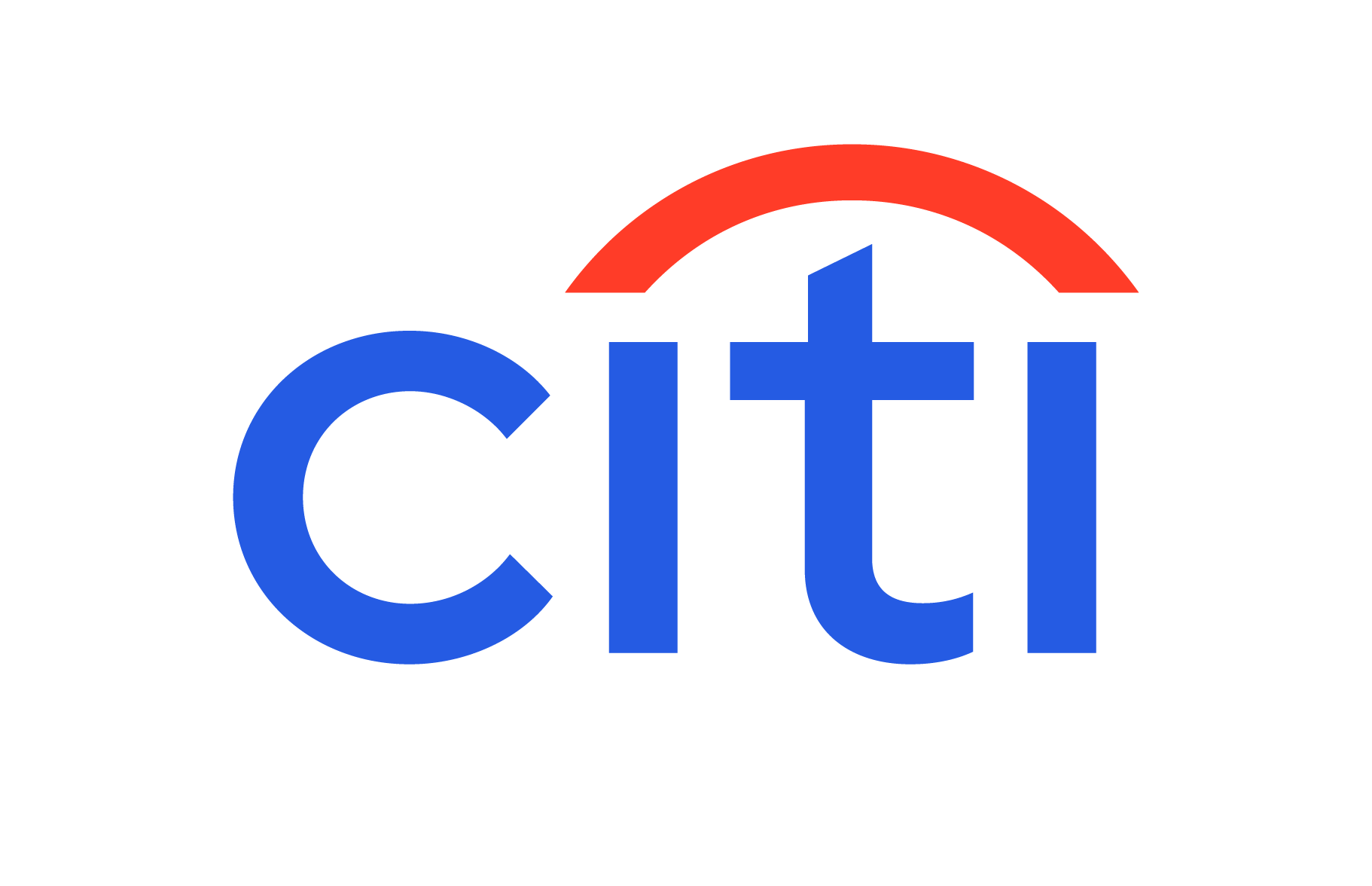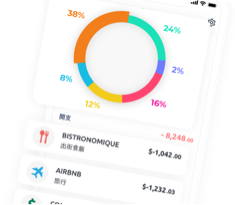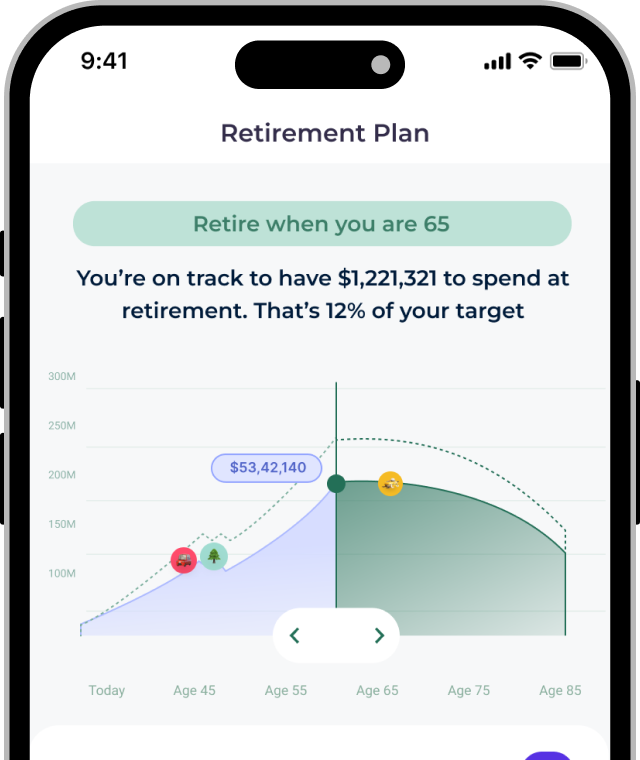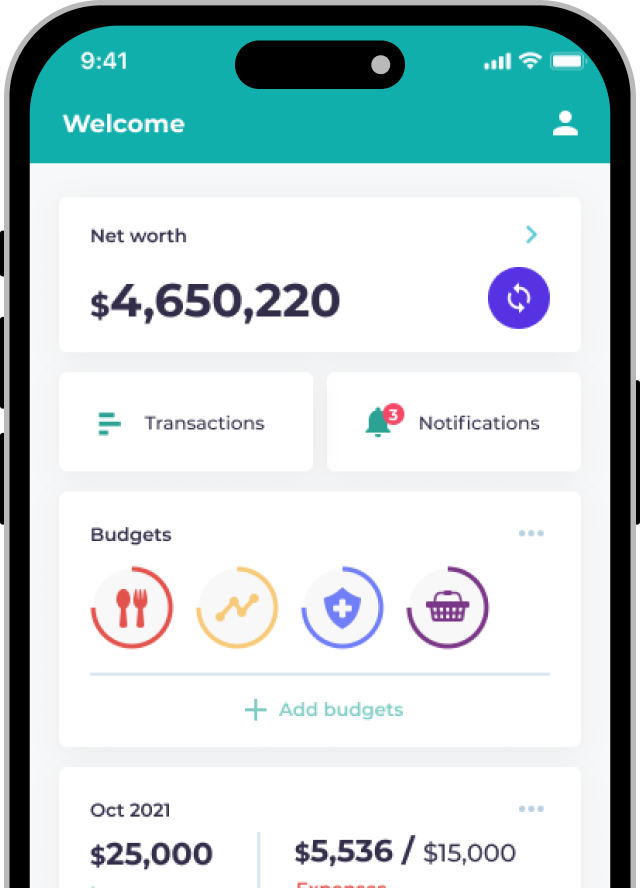Which platform is best for trading US stocks? Here’s what Hong Kong investors should know in 2025.
In recent years, the US stock market has delivered stronger returns compared to Hong Kong. With a wider selection of stocks, lower investment fees and requirements, and greater market depth, more local investors are shifting their focus to the US market. ETFs and giant tech stocks are especially popular among retail traders.
That said, investing overseas can still feel unfamiliar if you’re new to it. Before opening your first US stock account, it’s important to understand how the market works and what your account options are.
In this guide, Planto walks you through the basics of US stock investing and compares welcome offers, fees, and features from some of the most widely used US stock apps and brokerages in Hong Kong.
Comparing Top US Stock Accounts & Fees in Hong Kong (2025)
Opening a US stock trading account in Hong Kong is relatively straightforward. Whether through a bank or a brokerage, most accounts can be set up within one to two business days. The table below outlines how some of the most popular platforms compare in terms of cost, perks, and ease of use.
Understanding the 3 Major US Stock Market Indexes
If you’re just getting started with US stock investing, it’s worth knowing the three key indexes that investors around the world use to track market performance. Each represents a different slice of the US economy, and together they offer a broad overview of how the market is doing.
| Stock Indexes | Overview |
| Dow Jones Industrial Average | Commonly known as the “Dow,” the Dow Jones Industrial Average is the oldest and one of the most well-known stock market indexes in the world. It includes just 30 companies, but these are some of the most established and influential blue-chip names in the United States. The index is price-weighted, and its components include giants like Apple, Visa, McDonald’s, Disney, Coca-Cola, Johnson & Johnson, and Microsoft. |
| NASDAQ Composite Index | The NASDAQ Composite Index, often referred to as the “Nasdaq,” includes all companies listed on the NASDAQ stock exchange. It is a market-capitalization-weighted index and is heavily focused on technology and growth stocks. Its major components include Apple, Facebook (Meta), Microsoft, Google (Alphabet), Cisco, and Netflix. This index is particularly useful for investors interested in tracking the performance of the tech sector. |
| S&P 500 Index | The Standard & Poor’s 500 Index, or the S&P 500, is widely considered the most representative index of the US stock market. It includes 500 of the largest publicly listed companies in the US, selected based on market capitalization, liquidity, and consistent profitability. The S&P 500 spans across sectors like technology, finance, healthcare, and more. It covers around 80% of the total market capitalization of US equities, making it a key indicator of overall economic health. |
Lower Entry Barrier: US Stocks Can Be Bought 1 Share at a Time
In the Hong Kong stock market, shares are typically traded in “lots,” with one lot containing anywhere from 100 to 2,000 shares. For example, HSBC (0005.HK) trades in lots of 400 shares. At a share price of HK$80, the minimum investment would be HK$32,000—quite a high entry point for everyday investors.
US stocks, on the other hand, are much more flexible. You can buy as little as one share, with no minimum quantity required. That makes it easier for beginners to start small and build up over time.
Here’s how the entry cost compares using real examples:
| Stock | Price per Share (USD) | Approx. in (HKD) | Entry Cost (1 share) |
| Apple (AAPL) | US$202.40 | ~HK$1,579 | HK$1,579 |
| Tesla (TSLA) | US$254.11 | ~HK$1,982 | HK$1,982 |
This one-share purchase model makes US stock investing far more accessible, especially for those starting with a smaller budget.
What Are US Stock Market Trading Hours?
The regular trading hours for US stock markets are from 9:30 a.m. to 4:00 p.m. Eastern Time (ET). However, because the US observes daylight saving time, the corresponding time in Hong Kong changes throughout the year:
| Season | US Time | Hong Kong Time |
|---|---|---|
| Daylight Saving | 9:30 a.m. – 4:00 p.m. ET | 9:30 p.m. – 4:00 a.m. (next day) |
| Standard Time | 9:30 a.m. – 4:00 p.m. ET | 10:30 p.m. – 5:00 a.m. (next day) |
Some brokers also support pre-market and after-hours trading, but these sessions usually have lower liquidity. For most retail investors, sticking to regular trading hours is more reliable.
What Fees and Taxes Do You Pay When Trading US Stocks?
In addition to brokerage commissions and platform fees (as shown in the earlier comparison table), US stock investors are also subject to a few small regulatory and exchange fees. These are generally lower than what you might pay when trading Hong Kong stocks.
Here’s a breakdown of the key fees:
| Fee | Standard Rate (2025) | Notes |
| SEC Fee | ~0.00278% (waived from May 14, 2025) | Charged only on sell trades. Updated quarterly. Temporarily waived starting May 14, 2025. |
| Trading Activity Fee (TAF) | US$0.000145 per share | Also applies only to sell trades. Collected by FINRA. |
| Clearing Fee | ~US$0.003 per share | Collected by the broker or clearing house. Sometimes included in the commission. |
| ADR Custody Fee | US$0.01 – US$0.05 per share per year | Applies to ADRs |
| Dividend Tax | 30% | Automatically withheld when dividends are paid. |
Benefits of Buying US Stocks as a Hong Kong Resident
Low entry barrier
Most US stocks can be bought one share at a time, with relatively low transaction fees. This means investors can start with a small amount of capital. Some brokers also support fractional shares, allowing you to invest even less than the cost of a full share.
Many quality stocks to choose from
Many of the world’s top companies are listed in the US, making it easier to find strong and recognisable investment options. US ETFs are also more diverse and liquid than those listed in Hong Kong.
Lower FX risk
Since the Hong Kong dollar is pegged to the US dollar, investing in US stocks carries less currency risk than investing in other foreign markets.
No capital gains tax
Unlike US residents, Hong Kong investors don’t pay capital gains tax on US stock profits. Simply submit a W-8BEN form when opening your account to declare your non-resident status and enjoy this exemption.
Transparent and well-regulated
The US market has a robust legal framework, with strong enforcement against insider trading, market manipulation, and accounting fraud. Investors benefit from a high level of transparency.
Familiar names
Even though you’re investing overseas, many of the listed companies—like Coca-Cola, Facebook, Google, Tesla, and Apple—are global brands familiar to Hongkongers. Some Chinese firms such as Alibaba, Futu, and NIO are also listed in the US, offering exposure to companies close to home.
Things to Consider Before Investing
Time zone difference
The US market trades during Hong Kong’s nighttime hours, which can make it harder for investors to follow the market in real time.
Currency exchange cost
US stocks are traded in USD. Although the HKD/USD peg reduces volatility, investors should still be aware of the exchange fees and conversion timing.
Monthly investment plans less cost-effective
Unlike Hong Kong stock subscription plans, which help lower entry costs, US stocks can already be bought in small units. However, small recurring investments may not be cost-effective if transaction fees take up a large portion of your capital.
Dividend tax
US dividend income is subject to a 30% withholding tax. While this reduces returns on dividend stocks, many US dividend stocks still offer attractive yields after tax, comparable to Hong Kong blue chips.
Information and language gap
Some Hong Kong investors may be less familiar with the US political and economic landscape. Relying on translated or second-hand information could delay investment decisions or lead to missed opportunities.
Comparing Brokers vs Banks for Buying US Stocks: Which One Is Right for You?
| Brokers (e.g. FUTU, IBKR) | Banks (e.g. BOC, Citibank) | |
| Trading Fees | Generally lower; some platforms offer zero-commission trading | Typically higher; charged per trade or as a percentage |
| Platform Fees | Usually free, or waived if conditions are met | Some banks charge monthly fees or require a minimum account balance |
| Available Markets | US, Hong Kong, Japan, Europe, Singapore, A-shares, ETFs, options | Mostly limited to HK, US, and A-shares; fewer international options |
| Platform Features | Real-time quotes, technical charts, earnings data, financial news | Basic features only; limited analysis tools |
| Account Opening | Fully online; usually completed in 1–3 business days | Can be done online, but may require a branch visit; slower process |
| Funding Process | Requires fund transfer to broker account; some processing time needed | Linked to main bank account, allowing easy fund movement |
| Brand Trust | Choose a licensed broker with good reputation | Stronger perceived trust due to established bank brands |
Frequently Asked Questions About Investing in US Stocks
Many brokers in Hong Kong are offering welcome rewards, including free stocks, cash coupons, or bonus investment credits. Check Planto’s comparison table to see the latest offers and eligibility details.
Yes. While the standard minimum for US stock trading is one full share, some brokers support fractional share trading, allowing you to buy less than one share. This significantly lowers the minimum investment amount. However, only a few platforms currently offer this feature in Hong Kong.
Yes. Dividends from US stocks are subject to a 30% withholding tax. This tax is deducted automatically at the time of payment, so you don’t need to file or pay it separately.
The W-8BEN form is required by the US tax authority for non-US investors, including those from Hong Kong. By submitting this form—typically during the account opening process—you declare your non-resident status and become exempt from US capital gains tax.
Important information:
Investment involves risks. This information is intended to be educational and is not tailored to the investment needs of any specific investor. This information does not constitute investment advice and should not be used as the basis for any investment decision nor should it be treated as a recommendation for any investment or action. Past performance is no guarantee of future results. The value of investments and the income from them can go down as well as up, so you may not get back what you invest.



